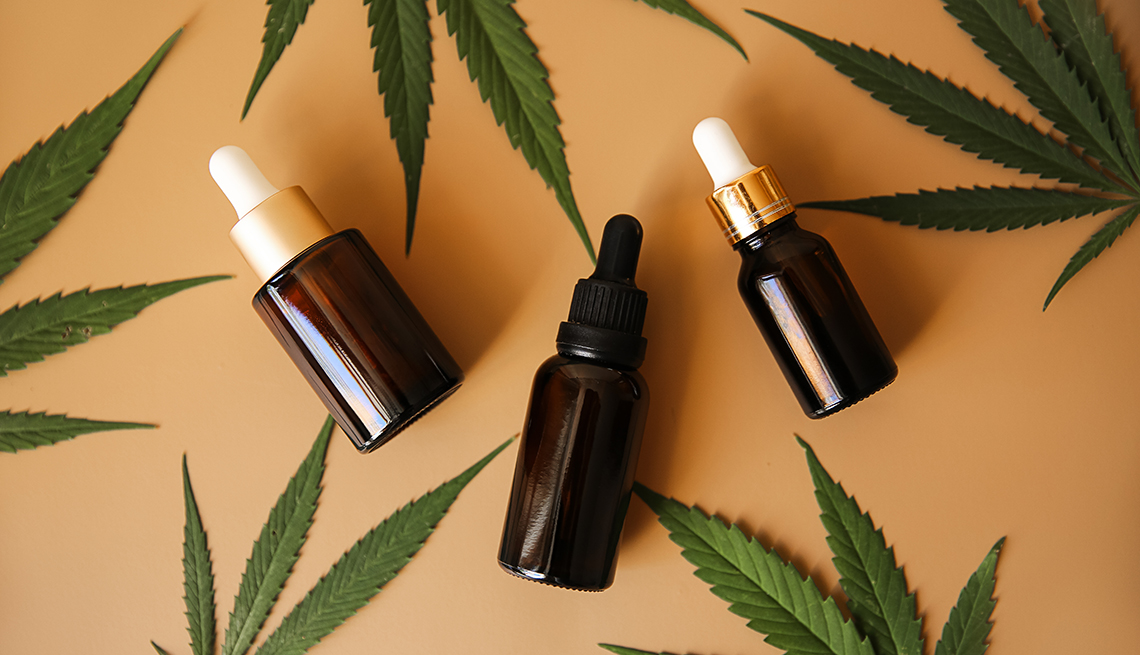
As CBD continues to gain popularity for its potential health benefits, from alleviating pain and anxiety to improving sleep, it is essentia CBD oils UKl to understand the legal landscape surrounding its use. Since the passage of the 2018 Farm Bill, which legalized hemp-derived CBD at the federal level in the united states, the legal status of CBD has been evolving rapidly. However, despite the federal legalization, the legal framework for CBD varies from state to state and across different countries. As we move into 2025, it’s crucial to understand where CBD stands legally, how it affects consumers and businesses, and what the future holds for this growing industry.
- Federal Legalization and the 2018 Farm Bill
In the united states, the 2018 Farm Bill was a landmark piece of legislation that removed hemp (defined as cannabis with less than 0. 3% THC) from the Controlled Substances Act. This effectively legalized hemp-derived CBD at the federal level. However, this legalization comes with certain restrictions. While CBD derived from hemp is legal, CBD derived from marijuana (which contains higher levels of THC) remains federally illegal, unless it is prescribed for medical use under certain conditions. The 2018 Farm Bill also left the regulation of CBD products to the Food and Drug Administration (FDA), which has been slow in establishing clear guidelines for CBD’s use in food, drinks, and supplements. This means that while CBD products are legal in many contexts, there are still regulatory gray areas that need clarification.
- State-Specific Regulations on CBD
Although CBD is legal at the federal level, the legal status of CBD can differ significantly from state to state. Some states have fully embraced CBD, allowing its use in a wide range of products, including food, beverages, and topicals. For instance, states like California and Colorado have established robust legal frameworks for both recreational and medicinal marijuana, including CBD. On the other hand, some states impose strict regulations or have outright bans on certain CBD products, particularly those intended for consumption. In states like Idaho, Nebraska, and South Dakota, laws surrounding CBD are more restrictive, and consumers may find it difficult to access CBD products legally. As a result, it’s important for consumers and businesses to stay informed about the specific CBD regulations in their state to avoid potential legal complications.
- International CBD Regulations
The legal status of CBD also varies significantly from country to country. In Canada, CBD is fully legal and available for both medical and recreational use, as it is regulated under the Cannabis Act. The european union (EU) has generally allowed CBD products, although they are subject to specific regulations regarding THC content and product labeling. Some countries in the EU, such as the United kingdom, have more stringent controls on CBD products, requiring them to be approved as novel foods before being sold in the market. In contrast, many Asian countries, such as Japan and China, maintain a strict stance against CBD and cannabis-related products. Therefore, travelers and consumers should always research the local laws surrounding CBD before purchasing or transporting CBD products internationally.
- The Role of the FDA and Ongoing Regulation Challenges
In the united states, the FDA plays a crucial role in regulating CBD, particularly when it comes to products like food, drinks, and dietary supplements. While hemp-derived CBD is legal, the FDA has not fully approved CBD as a food ingredient or dietary supplement, despite growing demand. The agency has stated that more research is needed to determine the long-term safety and efficacy of CBD, especially in edible forms. The lack of clear guidelines has led to confusion and inconsistency in the market. Many CBD companies continue to sell products that are technically outside of FDA regulations, while some face warnings from the agency for making unapproved health claims. As of 2025, the FDA has yet to issue comprehensive regulations, leaving a lot of uncertainty for both consumers and businesses. Until the FDA establishes clear rules, the CBD market will likely continue to experience regulatory challenges.
- What the future Holds for CBD Legalization
As we move into 2025, there are several factors that could influence the future of CBD legalization. First, continued research into the health benefits of CBD may lead to broader acceptance and more robust regulations at both the federal and state levels. The FDA’s eventual approval of CBD for specific uses, such as in food products or as a therapeutic drug, could help standardize the industry and improve consumer confidence. Additionally, there is ongoing momentum for full cannabis legalization in the U. S., which could lead to even greater acceptance of CBD and THC products across the country. However, the legal landscape is likely to remain complex, with states holding varying levels of control over how CBD is regulated and distributed. Globally, more countries may follow in the footsteps of Canada and the EU, allowing for broader access to CBD products, though the international regulatory environment will likely remain fragmented for some time.
Conclusion: Staying Informed in an Evolving Landscape
The legal status of CBD is a dynamic and evolving issue that requires consumers, businesses, and lawmakers to stay informed about current regulations and potential changes. While the federal legalization of hemp-derived CBD has paved the way for its use in various products, state-specific regulations and international laws still pose challenges for both consumers and companies in the industry. As the demand for CBD continues to grow, the need for clear, standardized regulations will be crucial in ensuring safety, quality, and consistency. As we move into 2025, it’s essential to follow the developments in the legal landscape to navigate the complexities surrounding CBD and fully benefit from its potential uses. Whether you’re a consumer looking to incorporate CBD into your wellness routine or a business involved in the CBD industry, understanding the legal side of CBD will be crucial for success in the coming years.